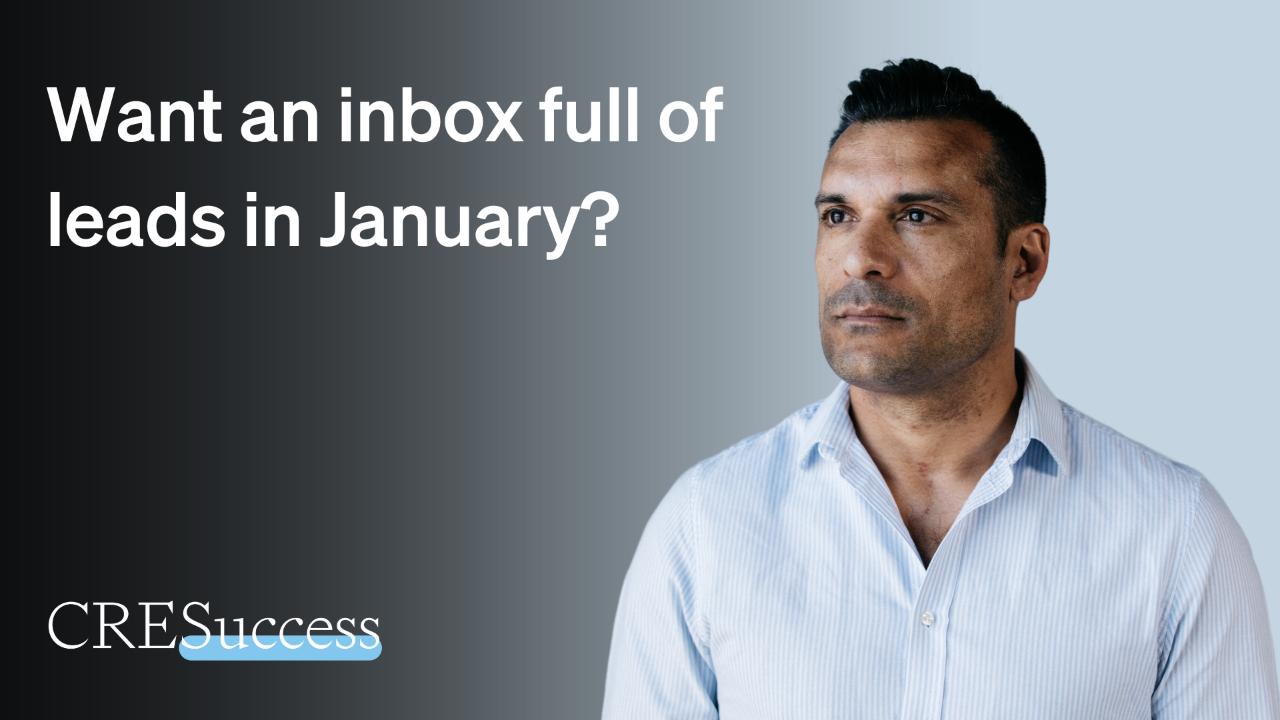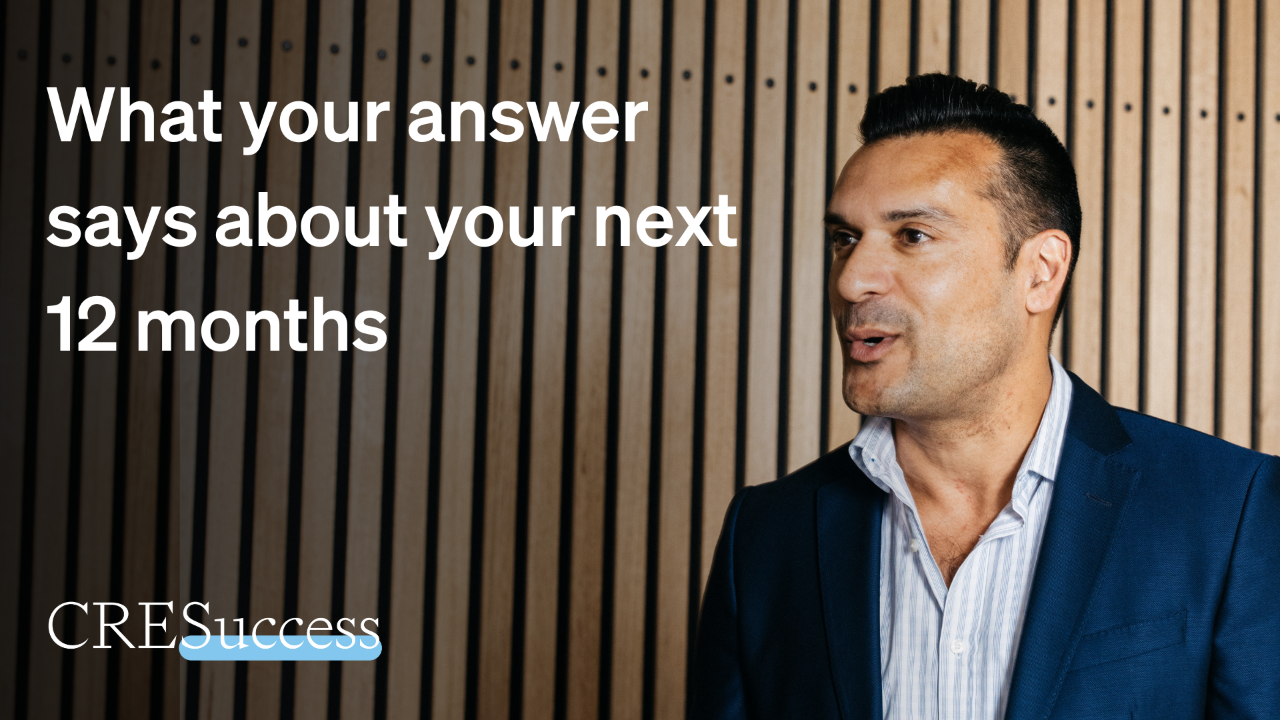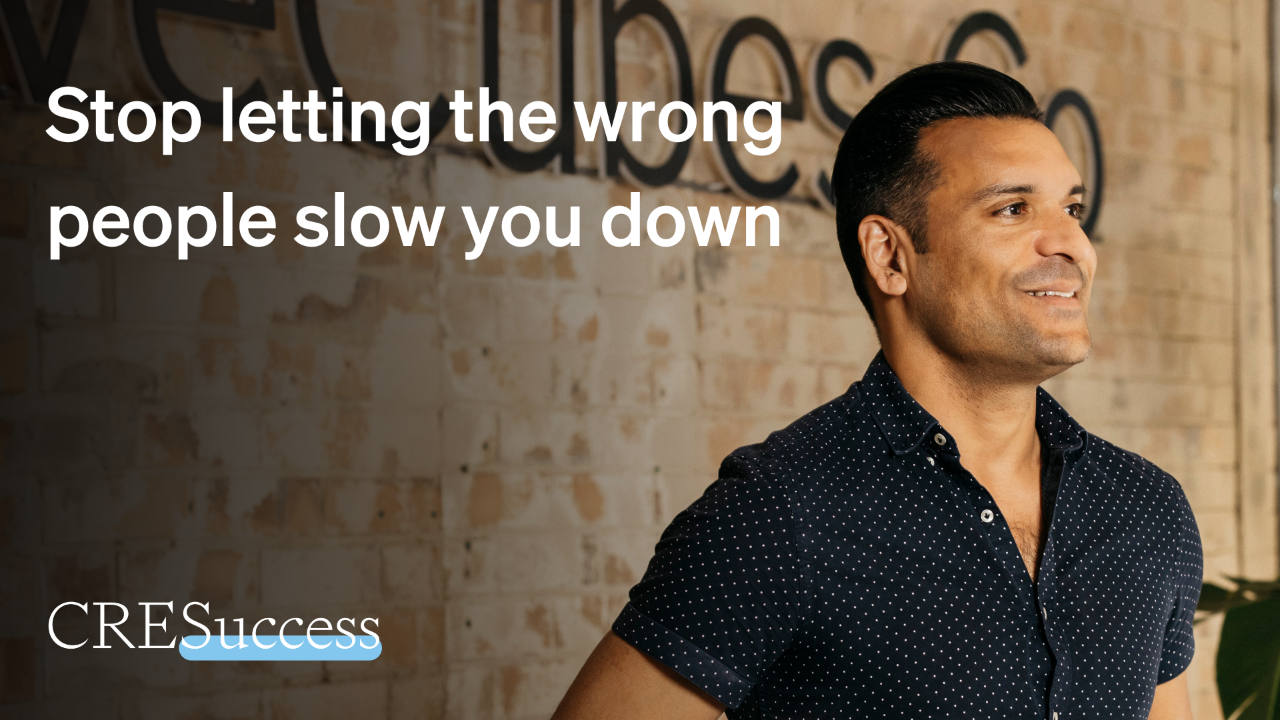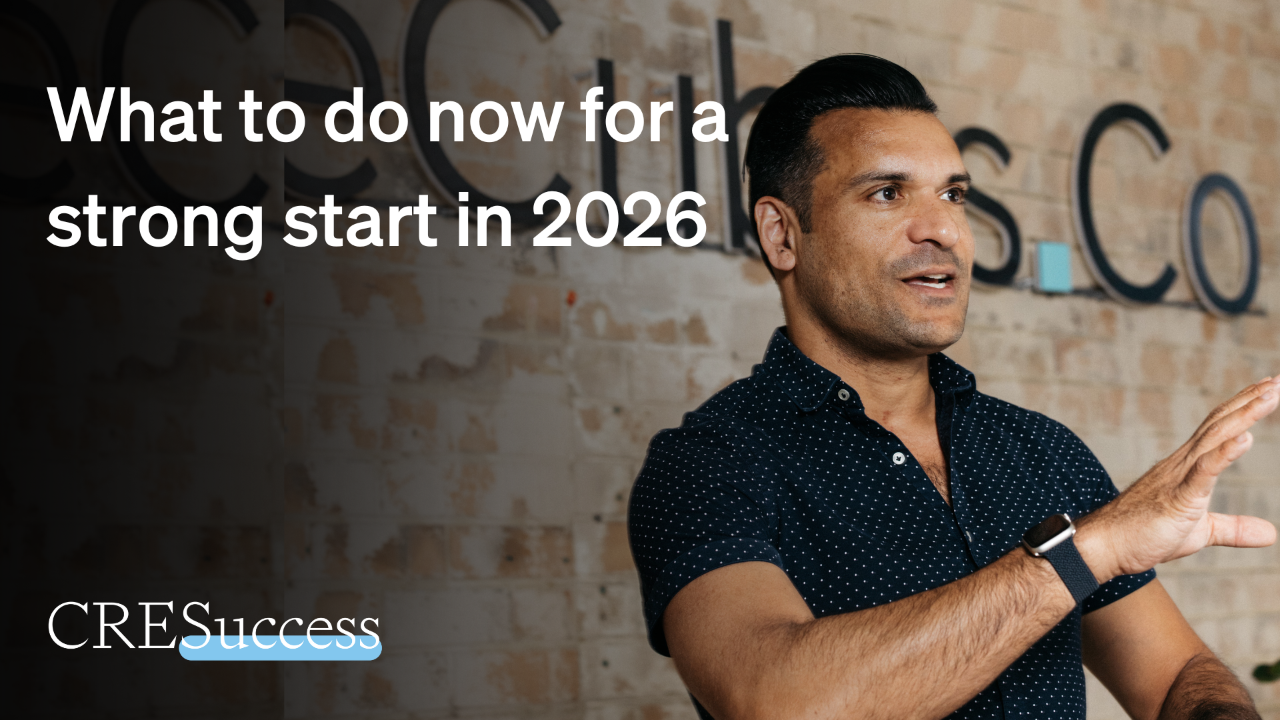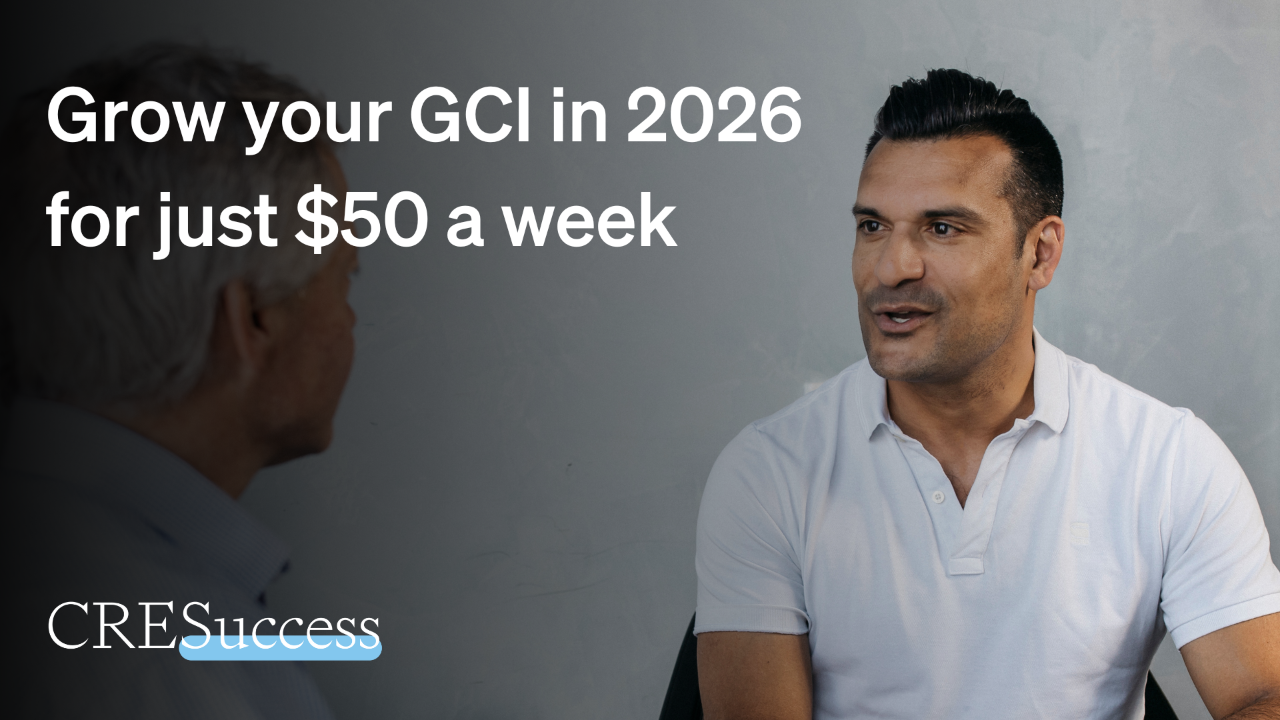I don’t drink anymore – my 1000-day milestone of being alcohol-free
Sep 22, 2022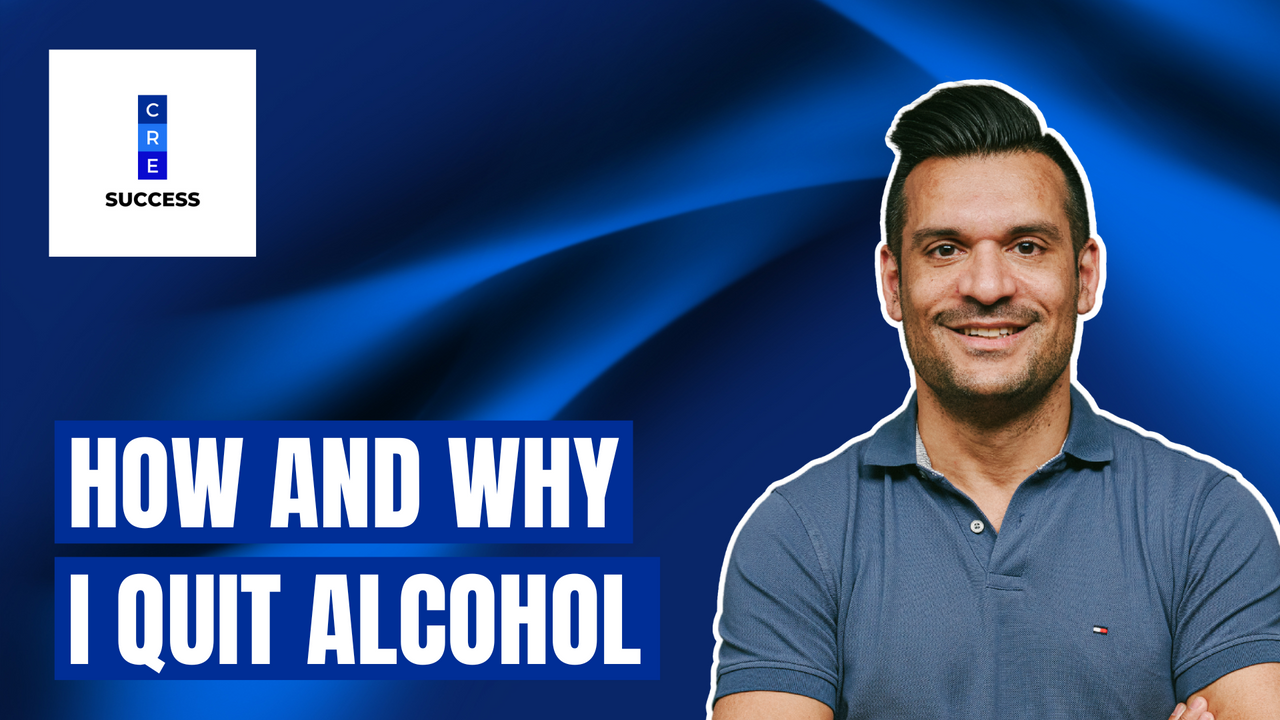
This Saturday is a special milestone for me. It will be 1,000 days since I've had a drink.
Now that would be a cause for celebration for anyone. And in the past, a way for me to celebrate would be to go out and have a few drinks.
But I won't be doing that because I don't drink any more.
This Saturday is also grand final day; it's the AFL Grand Final, one of the biggest days on the Australian sporting calendar.
And in the past that would have been a day for me to really go out and get on it.
But I won't be because I don't drink anymore.
This blog is transcript a special episode of the podcast that I’ve prepared to share with you why it is that I no longer drink alcohol.
I'm talking about the fact that it's been 1000 days since I've had a drink as a way to mark this milestone.
Hopefully in the future, if ever I'm wavering from my commitment to not have a drink, maybe this is something I can go back and read, just to remind myself of why I've taken this step.
It's an opportunity for me to share something personal with you; perhaps this will have some resonance with you, not necessarily alcohol-related. And if that's the case, then this is worth putting out there.
So, I want to start by saying that too much of anything is rarely good, right?
And most things in moderation won't do your harm.
And when it comes to addiction, there are a few ways to define it.
One definition that I made a note of is that it can be defined as a repeated behavior that continues to cause harm.
It's a little bit different to dependence.
And the way that we talk about alcohol is a substance use disorder or an alcohol use disorder, rather than branding people as alcoholics.
And I'll talk to you a little bit about that branding, and why still feel a little bit uncomfortable with the term alcoholic, because it wasn't a term that I identified with.
This story is not about me preaching to you that you shouldn't drink, because alcohol is not bad for everyone.
In fact, it can be enjoyed, and I wish I was a person who was able to enjoy it in moderation. But unfortunately, it's one of those things which just isn't that good for me.
When I was living overseas for 12 years, it was something which got worse for me because of the environment that I was in and it took me a very long time for me to see that.
Australia and Korea, which was where I was living, both have big drinking cultures. I think though that big drinking as an expat in Korea is something that's even more tolerated than it is in Australia.
In Australia, there are responsible service of alcohol laws; if you've had too much to drink, they will cut you off. I don't think I recall ever being cut off in Korea from having a drink.
I think I was barred entry from a few places where I'd cause trouble, but I was never too drunk to have ordered another drink, because they will just keep serving you.
I think also, when you're an expat, you've kind of got a little bit of an anonymity in the way that you move and operate and get around; the people you're surrounded with are probably a little bit more party orientated. Perhaps some of them are escaping something as well. And sometimes the issues that alcohol can create can be swept under the rug.
But I don't want to blame Korea for it. I take responsibility for my actions.
And certainly people may say 'Hang on, I knew you before you moved to Korea. You're a big drinker in Australia!' and I was, but I think it probably got more serious in terms of being a problem for me in the time that I lived in Korea.
I think people who knew me probably would have thought that I was a gregarious person who likes to have fun and likes to have a drink.
But I think only those who really had long term contact with me, or knew me quite well, would have actually branded me as that person who has got a serious problem with alcohol.
Because I had a great job. And I was continually promoted and given more responsibility; I was, in most ways, an active member of society.
And I think that while there were consequences for me, with my drinking, only a few people would have seen all of the serious consequences that occurred from my drinking. Some people would have seen some of them and thought, that's what happens when you drink too much.
Probably only a few people would have really known about the impacts that drinking had in my life. And the people who did, were probably big drinkers themselves, since birds of a feather flock together.
People who drink tend to hang around with people who also drink, and perhaps those people aren't in a position to make a comment about your drinking, or they have their own issues with drinking, so they're not really looking at drinking as a problem.
Even though I knew I had a problem with alcohol, I probably didn't identify as an alcoholic, as I mentioned earlier, and I knew I had a poor relationship with alcohol.
I used to lie about how much I would drink when you go to the doctor and they'd say, How much do you drink? Or if people ask you: how many drinks have you had? I would underestimate. Because the actual truth was, I used to have a lot.
And just to clarify, I was not an everyday drinker. I was a binge drinker, someone who would go out and drink a lot.
But the identity of being an alcoholic didn't sit comfortably with me. And as I said, that's why I haven't called this article ‘1000 days sober’, even though that's bigger clickbait, because to be sober infers that you're an alcoholic, and I don't think the definitely of alcoholic quite fits my issues with alcohol, although it was an alcohol use disorder, I believe.
And I guess one of the reasons why I don't like the word alcoholic is because people look down on alcoholics; I would be someone who would look down on an alcoholic even though I was a person who had a problem with alcohol.
I think when people find out that you've had a problem with alcohol, some people are inclined to look down on you. They probably have some affliction to it. And as I said, I've been guilty of that in the past as well.
So, what happened to me was that basically, eventually, my drinking caught up with me.
I mentioned that there were some consequences, and certainly, things that occurred - but it's only so often that you can paper over these cracks before they start being exposed.
And I guess, the fact that my professional life was going well, it was only a matter of time, I think before the issues in my personal life, a lot of which were alcohol-related, that incongruence started to create some issues.
And even though I always tried to get it under control, so I tried to put limits on my drinking, when I would go out. I remember I used to say, okay, tonight, ‘I'm only going to have six drinks’, or four drinks, and then I'm going to go home.
But the issue with that is your ability to make decisions after you've had four or six drinks in quick succession is impacted.
And I also used to put calendar notes on my phone at like midnight, 2am on Friday, Saturday nights, and the message would be – ‘Darren, you're drunk, go home’ - and I thought well keen on making steps to try and get me to go home.
But of course, you're the version of yourself who's out drinking at 12 midnight and 2am on a Friday or Saturday night is not really in a position to take advice from the sober version of you that's sending yourself notes and reminders.
So, it just didn't work and I guess it was a problem that I couldn't control. If you can't control it, it's sort of starting to control you.
And what really had to happen was for me to get honest about what was going on with drinking as being a problem in my life, for me to take hold of it and to get control of it, so that getting honest with yourself is one of the hardest parts.
I’d now like to share how I got there because I didn't go on medication or I didn't go to a rehab clinic or anything like that.
I think in terms of how I did it, it was well, first of all, incrementally. I think the pleasure associated with drinking was outweighed by the cumulative kind of pain and suffering that are caused.
I was lucky I'd never killed me. I suffered some big consequences, but it was never the complete end of me, right? I still managed to have a life, and to have a job and to do all the things that I needed to do whatever relationships and so forth.
But it was going in that direction where I was perhaps becoming a person who, if it had continued, probably I wouldn't be able to be in a relationship or to hold down a job. Because it was always pushing myself to the limits, and then I hit the limit and come back, and then I just keep creeping up to that limit.
So incrementally, there was sort of reason for me to change, but then there was this catalyst, which I have spoken about before, which was when do when my wife fell pregnant.
And at first, I was kind of almost pretending to be a good husband by abstaining when she did; she was pregnant, and obviously, she wasn't drinking. And I decided to myself that I'm going to commit to one year without alcohol.
But the longer that I went without alcohol, and this was throughout the whole year of 2020, which was the first COVID year…the longer I went, the more reasonable it became to continue because COVID helped me because I was a social drinker.
I'm an extrovert; even though I'm an extrovert, maybe a little bit anxious in social situations, and alcohol was the lubricant that would help me ease that anxiety. And I've realised now that I can cope without alcohol in social situations, which is a good thing.
But also, I think becoming a parent is something that does put things into perspective for you.
I used to hate it when people would say to me when I wasn't a parent, "Oh, you don't understand because you're not a parent," or "You'll understand when you're a father."
But the truth is that you do start to look at things differently and understand things when you become a parent.
And I think that the idea that I would have been the drunk version of myself in front of my daughter in the future was not something that I would want to be, so the catalyst started becoming the actual reason to continue with not drinking.
In terms of the benefits in my life. Well, certainly I have less regrets in my life now than I used to. I don't feel like I'm missing drinking that much.
But I haven't lost much weight, because even though there's a lot less calorie intake that would have been associated with alcohol, one thing that has happened is that I definitely eat more ice cream and chocolates, lollies and coffee that I used to. But I think that's okay, because, you know, nobody's perfect!
I wanted to wrap up this story by sharing a quote from a book that I quite like, which is called ‘The One Thing’.
There's one core concept in this book, and it asks you - What is the one thing that you can do such that by doing it, everything else will be easier, or unnecessary?
Somebody gave me this book in 2017; I read the book, and I liked it. But I didn't get the core premise of the book.
Because the core premise of the book, if I'd really understood it would have been to realise that the one thing that I could have done, and by doing that would make everything else easier or unnecessary in my life, would have been to quit drinking.
So, my message to you is to find out what that one thing for you is in your life. And sometimes it might be something positive, for me, it was a negative influence in my life that I needed to get rid of. And now everything else is easier.
Certainly, the regrets and the embarrassment are no longer necessary because I'm not drinking anymore; when I was drinking, they'd be spillage that I had to mop up.
Finally, if you've been drinking and you've quit drinking, or you've cut back drinking, or you've abstained from drinking for a while, or if you've got a similar story that you wanted to share, or if there was something that you took away from today's episode, I would love to hear about it.
And if there's any way that I can help you in regard to that, I'm willing to, so get in contact with me.


